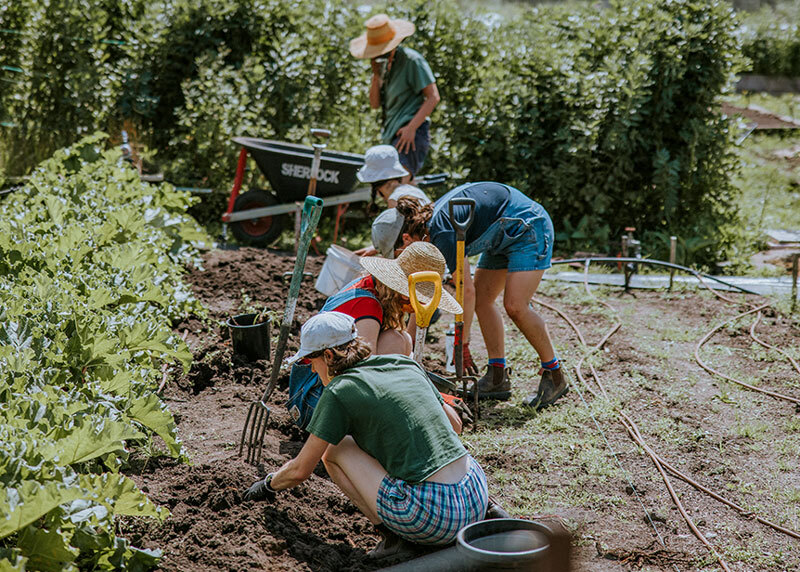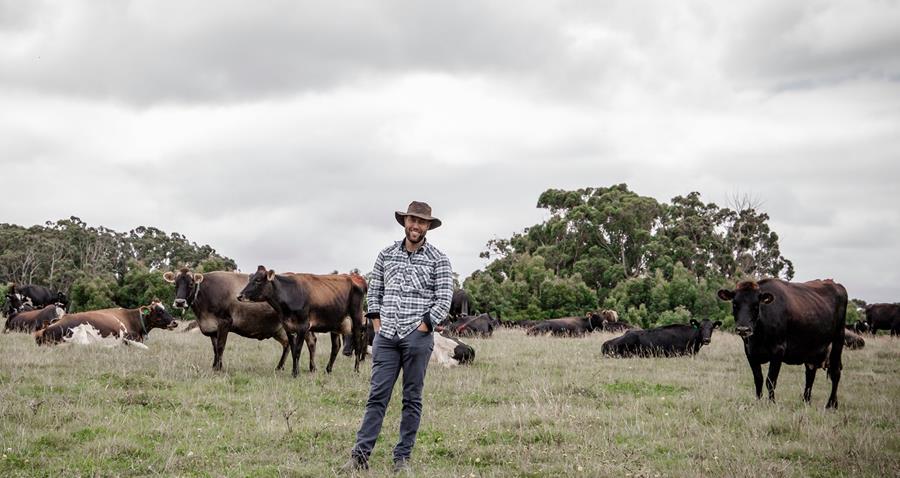
Too big to feel
In the 1990’s while studying primates, neolithic farming communities and hunter gatherer groups British anthropologist Robin Dunbar famously theorised that humans could comfortably live with around a hundred and fifty interpersonal relationships before our brains became overwhelmed and things would sort of fall apart socially.
The Dunbar Number has influenced how governments, businesses, activists, architects, armies, social media companies organise themselves and ourselves to create some sense of community in a world where we are socially super-saturated.
And as the ACCC inquiry into supermarket power continues I’m thinking more and more about the Dunbar Number.
This week at the Commission it was the turn of Coles and Woolworths to answer questions about rubbery supply contracts that left farmers with unsold crops and “supplier holidays” for growers who didn’t accept suggested price cuts.
When counsel presented senior supermarket executives with their own supply contracts, they repeatedly told the inquiry they didn’t know the details of how their buyers worked with suppliers.
Later Woolworths CEO Amanda Bardwell conceded, “we’re probably not equipped to be able to help with those very specific questions”.
Normally I would ascribe this sort of evasive response to plain moral bankruptcy but maybe it’s not as simple as that.
With her company employing 185,000 people and buying products from 18,000 suppliers I can’t imagine Amanda Bardwell gets down on the loading dock to receive truckloads of mangoes or asparagus and have cuppas with farmers very often.
What occurs to me is that Coles and Woolworths have grown so far beyond any kind of human scale they’ve become, pardon the pun, too big to feel.
What does “too big to feel” look like?
It looks like being so focussed on driving prices down that importing below-cost Italian canned tomatoes can come ahead of continuing to support the 400 Australian tomato growers and eleven local canneries who will soon go out of business (there are around six tomato growers and one local cannery left today).
It looks like being so committed to delivering great value that a decade of dollar-a-litre milk discounts can take priority over the third of all dairy farmers who walked off their land leaving a billion litre a year milk shortage.
It looks like giving customers a permanent price promotion on their pears can come before the now “uneconomic” Victorian pear orchards that are being bulldozed.
And what does “too big to feel” mean?
It means the voluntary Codes of Conduct the big supermarkets put forward as a solution to their problems with suppliers can’t work.
Robin Dunbar observes that when we begin operating in groups of more than 150 we need enforcable rules and laws in order to maintain norms and social cohesion.
Which is why we’ll need enforcable laws to stop supermarkets from using destructive discounts, supplier holidays, rubbery demand forecasts, shonky marketing fees or invoices for unmet profits.
Because it’s not a question of trust, it’s all about size.
Have a great week
Chris

